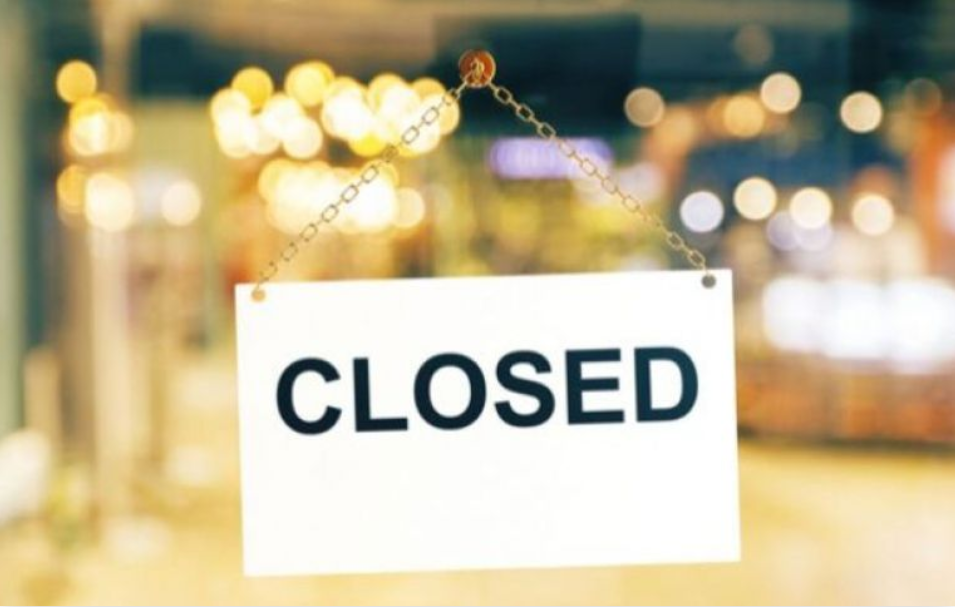We are in completely uncharted waters in real estate and no sector will be more affected than retail. Other sectors of the market such as the office and industrial sectors should be less so.
The convenience (food sales) element and pharmacies are relatively unaffected, but for the comparison (fashion, cafés/restaurants etc) retail sector, which was already buffeted by the growing trend in online sales, this latest crisis may sound the death knell for some businesses that would have otherwise survived and thrived.
We will undoubtedly get through this crisis, but the key questions for when the shops reopen are: When will we get back to some sort of normality? and How much will the economic damage suffered impact on consumer spending?
In the short term, the imperative for landlords is to arrive at a solution that keeps their tenant solvent and in a position to resume trading, hopefully, in the not too distant future. This may involve rent abatement or rent deferment. The alternative maybe is to end up with a vacant building at the end of this crisis.
There is no ‘one size fits all’ solution to this dilemma. Even if a tenant has a healthy balance sheet, significant capital will be required to restart a business that will have been closed for several weeks or even months. Some landlords are engaging sympathetically with their retail tenants, others less so.
This is a time for pragmatism and partnership – the latter (a partnership between the retailer and their landlord), an oft expressed mantra of the late Senator Feargal Quinn. He was a pioneer in retail and recognised the fickle nature of serving the shopper.
Landlords and tenants will have to work together to get through this crisis. From speaking with clients, I know most landlords are engaging in dialogue with their tenants with a view to coming to some sort of arrangement, be it rent deferment or indeed a rent-free period for the duration of the crisis. Much will depend on the landlord’s individual circumstances.
What of the future? If we are to avoid wholesale casualties, one solution may be to temporarily agree on turnover-based rents. In this way, the tenant will pay a percentage of turnover, as rent, either for a finite period (6/12 months?) or until certain turnover thresholds are achieved.
The percentage applied will vary in accordance with the business category and while not suitable for every business, the idea of turnover rents is not something new and could easily be adopted, at least in the short term.
The new arrangements will need to be properly documented and appropriate safeguards built in insofar as certification of turnover is concerned, but this method is already widely used here. As to the possible effect on investment values, I pose the question; which is more valuable – a building with a tenant rebuilding their business and rental payments trending upwards towards where they were historically, or an empty building competing, possibly, with other similar empty retail outlets?
While there will be continuing demand, although to what extent will only be seen in time, pop ups may provide some short-term income in certain locations.
There simply isn’t a one size fits all solution to the current crisis in retail and all stakeholders need to be creative and inventive to minimise the damage caused by this period of retail closures. Indeed, out of this crisis may come a new way of doing business.
In many ways, our present form of leases, with regular rent reviews (originally 21 then 14, seven, and now five yearly), evolved due to the need to keep pace with inflation in the post Great War period. So may this be a time to consider different forms of leasing arrangements for retail?
Hugh Markey is a consultant with QRE specialising in retail, Sunday Business Post - 19th April 2020
